Serbia’s Parliament approved a new Cabinet that includes two ministers under US sanctions, underscoring President Aleksandar Vučić’s increasingly fraught balancing act between seeking to join the European Union and maintaining ties with Russia.
US President Joe Biden included ally Japan, along with rivals China and Russia, in a list of countries he called “xenophobic” in a speech at a campaign fundraising event in Washington.
Switzerland invites more than 160 states to Ukraine conference
Switzerland has invited more than 160 countries to a planned conference on Ukraine’s peace blueprint but didn’t include Russia on the guest list.
Heads of state and government from the Group of Seven, the Group of 20, the European Union and the BRICS bloc were invited to the gathering set to take place on 15 and 16 June near Lucerne, the ministry said on its website on Thursday. Russia stated “publicly that it has no interest in participating in this first summit” and wasn’t offered a place, according to the statement.
Invitations were also extended to the United Nations, the Organization for Security and Co-operation in Europe, the Council of Europe, the Vatican and the patriarch of Constantinople. A full list of invitations wasn’t disclosed.
“The summit will serve as a platform for dialogue on ways to achieve a comprehensive, just, and lasting peace for Ukraine in accordance with the UN Charter and the norms of international law,” Ukrainian President Volodymyr Zelensky said in a statement on his website. “All the invited parties have confirmed their respect for these principles.”
It remains unclear whether national leaders will indeed participate in the conference or whether countries will send lower-level officials. Another open question remains whether, and at what level, China will attend. Swiss officials have said that Beijing has reacted positively to the initiative on diplomatic channels.
Russia was not invited although “Switzerland has always shown openness to extending an invitation”, the Swiss foreign ministry said. “A peace process without Russia is unthinkable.”
According to Switzerland, the conference aims to provide a “platform for open dialogue” towards peace in Ukraine. The goal is to define a “roadmap” on how to involve both Ukraine and Russia in a “future peace process”.
Serbia approves new government featuring US-sanctioned ministers
Serbia’s Parliament approved a new Cabinet that includes two ministers under US sanctions, underscoring President Aleksandar Vučić’s increasingly fraught balancing act between seeking to join the European Union and maintaining ties with Russia.
Aleksandar Vulin, sanctioned by the US for alleged drug trafficking and abuse of public office to help Russia’s “malign activities” in the Balkans, will serve as a deputy to Prime Minister Miloš Vučević. He had served as defence minister and intelligence chief in the previous administration until he resigned in November, when the sanctions were levelled.
Nenad Popović, who is also under US sanctions for alleged corruption and ties to Russia, will be a minister without portfolio. Legislators in Belgrade voted 152-61 to approve the government on Thursday, following an election in December that was dominated by Vučić’s Progressive Party.
In what’s seen as a nod to the West, Serbia’s former ambassador to the US, Marko Đurić, will take over as foreign minister while Tanja Miščević will stay on as minister for EU integration. Former Foreign Minister Ivica Dačić will become the new interior minister as well as deputy premier, while Siniša Mali will remain in his post as finance minister.
“Full membership in the European Union remains a strategic goal of Serbia, and the government will continue to fulfil the remaining criteria through our reform process,” Vučević told parliament when presenting his Cabinet lineup and programme.
Vučević has made clear his Cabinet won’t adopt US and EU sanctions against Russia over its invasion of Ukraine and would continue to oppose full international recognition of Kosovo.
Serbia’s refusal to recognize Kosovo, a former province that declared independence in 2008, has proved a major stumbling block in the country’s bid to join the EU. Belgrade has relied on the support of China and Russia for its position over Kosovo.
Biden calls ally Japan, China and Russia ‘xenophobic’
US President Joe Biden included ally Japan, along with rivals China and Russia, in a list of countries he called “xenophobic” in a speech at a campaign fundraising event in Washington.
Biden reiterated remarks he made last month linking China’s economic woes to its unwillingness to accept immigration. This time he added Russia, but also longstanding ally Japan, whose Prime Minister Fumio Kishida he welcomed for a summit and state dinner in Washington three weeks ago.
“You know, one of the reasons our economy is growing is because of you and many others. Why? Because we welcome immigrants,” Biden told Asian American and Pacific Islander donors on Wednesday. “The reason — think about it — why is China stalling so bad economically? Why is Japan having trouble? Why is Russia, why is anyone? Because they’re xenophobic, they don’t want immigrants.”
His criticisms and the fact that Japan was mentioned alongside two major US rivals could raise hackles in Tokyo. The US and Japan announced a “significant upgrade” to their defence ties last month, citing the need to counter China’s “dangerous” actions in the Indo-Pacific region.
Allies know “very well how much the president respects them, their friendship, values, their contributions”, White House National Security Council spokesperson John Kirby said on Thursday when asked about the president’s comment.
“The broader point that the president was making — and I think people all around the world recognise this — is that the United States is a nation of immigrants, and it’s in our DNA,” Kirby said. “We’re better for it, we’re stronger for it. We’re not going to walk away from it.”
US spies see China, Russia militaries working closer on Taiwan
US intelligence officials assess that Russia and China are working more closely together on military issues, including a potential invasion of Taiwan, prompting new planning across the government to counter a potential scenario in which the countries fight in coordination.
“We see China and Russia, for the first time, exercising together in relation to Taiwan and recognising that this is a place where China definitely wants Russia to be working with them, and we see no reason why they wouldn’t,” Director of National Intelligence Avril Haines said on Thursday in testimony to Congress.
Republican Senator Mike Rounds of South Dakota asked Haines about such a potential scenario during a hearing of the Senate Armed Services Committee. He also asked the head of the Defense Intelligence Agency about the Pentagon’s planning for such a possibility.
The Defense Department has “become even more concerned about our joint force requirements in an environment where” Russia and China “would certainly be cooperative, and we need to take that into account”, Lieutenant-General Jeffrey Kruse responded.
Rounds said that “the bottom line is that, basically, if we were to have a conflict with one, chances are that we would have a second front”, affecting planning, equipment and manpower needs.
“Certainly it’s a possibility,” Haines said. “The question of just how likely it is, I think differs depending on the scenario.”
Haines added that intelligence assessments indicate there is “increasing cooperation in the ‘no-limits’ partnership” between Russia and China “across really every sector of society: political, economic, military, technological and so on”.
Russia’s Gazprom group reports first net loss in 24 years
Russia’s state-controlled gas giant reported its first annual net loss since 1999 on falling shipments to Europe and lower prices for the fuel.
Gazprom Group, which also includes oil and power businesses, posted a 629 billion rouble ($6.84-billion) loss last year compared with net income of 1.23 trillion rubles in 2022, according to an earnings report published Thursday.
The energy company’s shares fell by as much as 4.4%, the steepest decline in more than a year, amid market concerns over its dividend prospects. Gazprom’s biggest shareholder is the Russian government, whose budget is under pressure amid rising military spending and Western sanctions.
The net loss follows restricted gas flows to Europe — historically Gazprom’s biggest market — amid the Kremlin’s retaliation for Western support of Ukraine after Russia’s invasion in 2022. Meanwhile, plunging gas prices amid mild weather, sluggish demand and brimming inventories contributed to Gazprom’s loss.
Revenue from gas fell by 40% to 4.88 trillion roubles, according to the report. While Gazprom continues to ship pipeline gas to several European countries, last year its flows to Europe fell to the lowest since the early 1970s, according to International Energy Agency estimates.
Russians who fled abroad return in boost for Putin’s war economy
As many as a million Russians fled abroad in the first year of the Kremlin’s invasion of Ukraine. Now thousands are returning home, delivering a propaganda victory to President Vladimir Putin and a boost to his war economy.
With the war still raging, and the man who started it about to assume another six-year term in power, many Russians are confronting a difficult choice. Facing rejections when renewing residence permits, difficulties with transferring work and money abroad, and limited destinations that still welcome them, they’re opting to end their self-exile.
“The business didn’t work out, no one is really waiting for us” abroad, said Alexey, a 50-year-old former political consultant from Moscow, who moved to Georgia to work as an entrepreneur after being detained at an anti-war rally in the Russian capital. He returned when his business’s finances ran out, Alexey said. He and others interviewed by Bloomberg asked not to disclose their last names for security reasons.
The February 2022 invasion provoked a mass exodus from Russia on a scale not seen since the collapse of the Soviet Union. Many left to register dissent against the war, and also out of fear of mobilisation. When Putin ordered a call-up of 300,000 reservists in September 2022, it triggered a new wave of departures by hundreds of thousands of people.
The outflow has slowed, if not reversed. In June, the Kremlin boasted that half of all who fled in those early days had already returned, and that seems to reflect available statistics from the most popular destination countries as well as data from relocation companies. Based on client data at one relocation firm, Finion in Moscow, an estimated 40%-45% of those who left in 2022 have returned to Russia, said the company’s head, Vyacheslav Kartamyshev.
Putin praised the return of business people, entrepreneurs and highly qualified specialists as a “good trend”. He holds up the influx as a sign of support for his policies, regardless of the actual reasons for their homecoming, and evidence Russians have “a sense of belonging, an understanding of what is happening”.
Thousands of returning expatriates are also helping Russia weather wartime sanctions and deliver a solid economic performance. According to Bloomberg Economics estimates, reverse migration has likely added between one-fifth and one-third to Russia’s 3.6% annual economic growth in 2023.
US warns Georgia risks ties to West over ‘Kremlin-inspired’ law
The US warned Georgia that it was risking relations with Nato and the European Union by pressing ahead with a “foreign agent” law that has sparked massive protests.
The ruling Georgian Dream party’s “Kremlin-inspired” legislation and “anti-Western rhetoric put Georgia on a precarious trajectory”, State Department spokesperson Matthew Miller said. “The statements and actions of the Georgian government are incompatible with the democratic values that underpin membership in the EU and Nato and thus jeopardise Georgia’s path to Euro-Atlantic integration.”
The draft law was intended to silence critics and destroy Georgia’s civil society, Miller said in a statement on Wednesday.
The warning came after riot police again used tear gas, pepper spray and water cannon against tens of thousands of protesters rallying outside the parliament in the capital, Tbilisi, as Georgian Dream lawmakers approved the draft law on the “transparency of foreign influence” in its second reading.
The party founded by billionaire Bidzina Ivanishvili, Georgia’s richest man, is pressing on with the legislation that targets foreign funding of non-governmental organisations, despite US and EU appeals to abandon it. They’ve criticised the measure as similar to one used by Putin to crush domestic opposition in Russia.
On Monday, Ivanishvili lashed out at the West, saying a “global war party” was attempting to use NGOs to oust his government and push Georgia into a conflict with Russia.
Georgian President Salome Zourabichvili, who called those claims a “blatant lie,” has sided with the protesters and criticised the “unprovoked” use of force by police. She has vowed to veto the legislation she calls a “Russian law” if it’s passed by parliament.
The EU on Wednesday “strongly” condemned the crackdown on protesters, who have rallied in huge numbers against the law since Georgian Dream announced the measure on April 3.
The Bill threatens fines and imprisonment for as long as five years for organisations or individuals that receive at least 20% of their income from abroad and fail to register with the government as “pursuing the interests of a foreign power”. DM





 Share
Share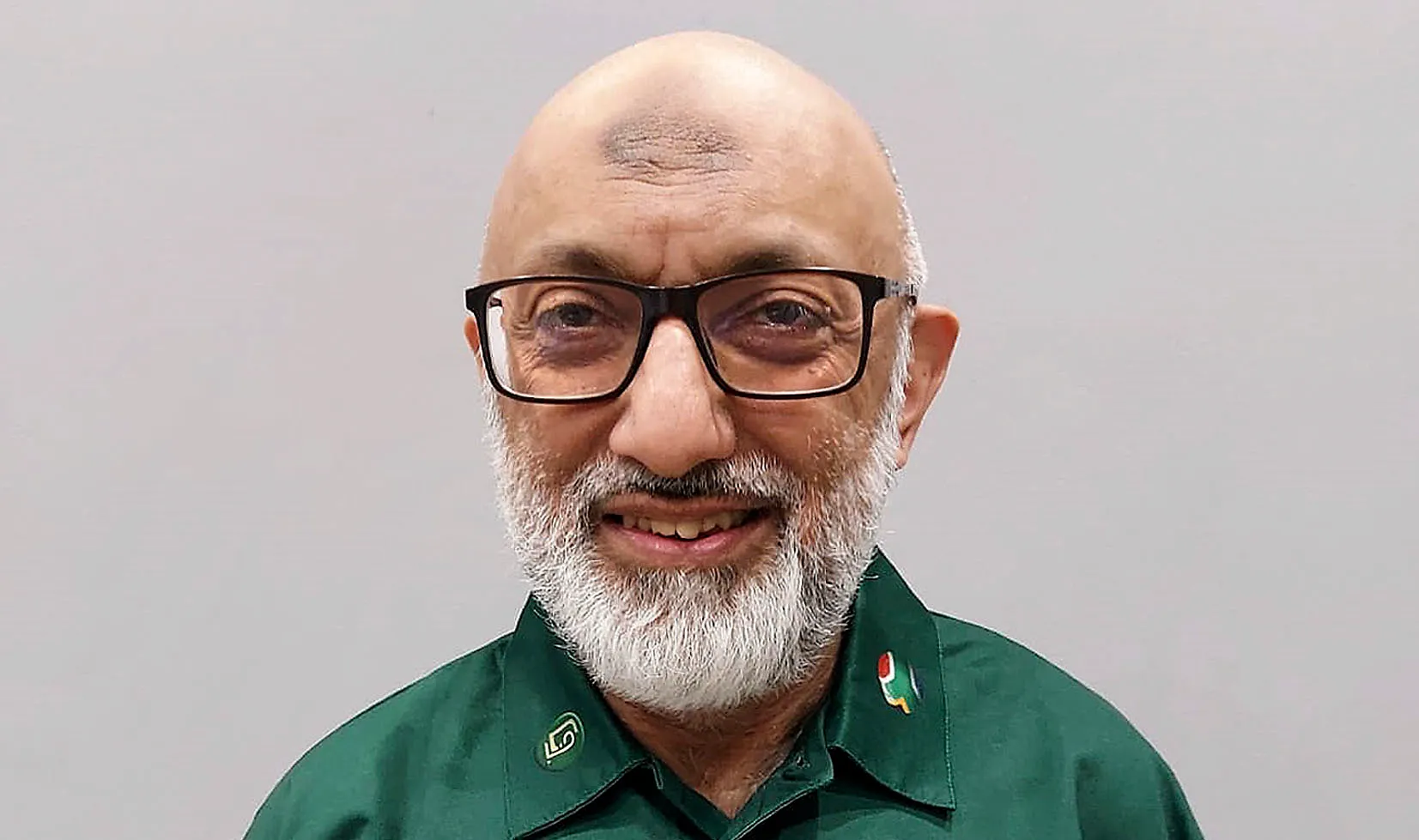
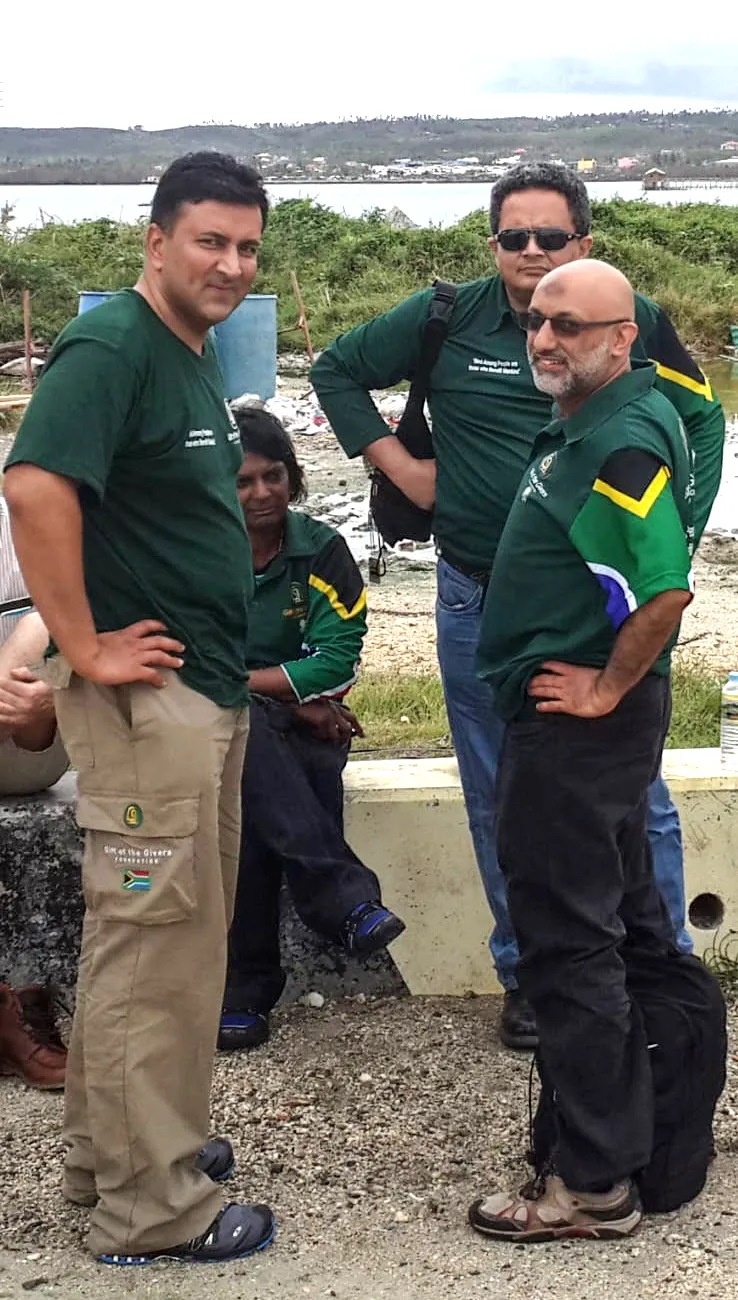
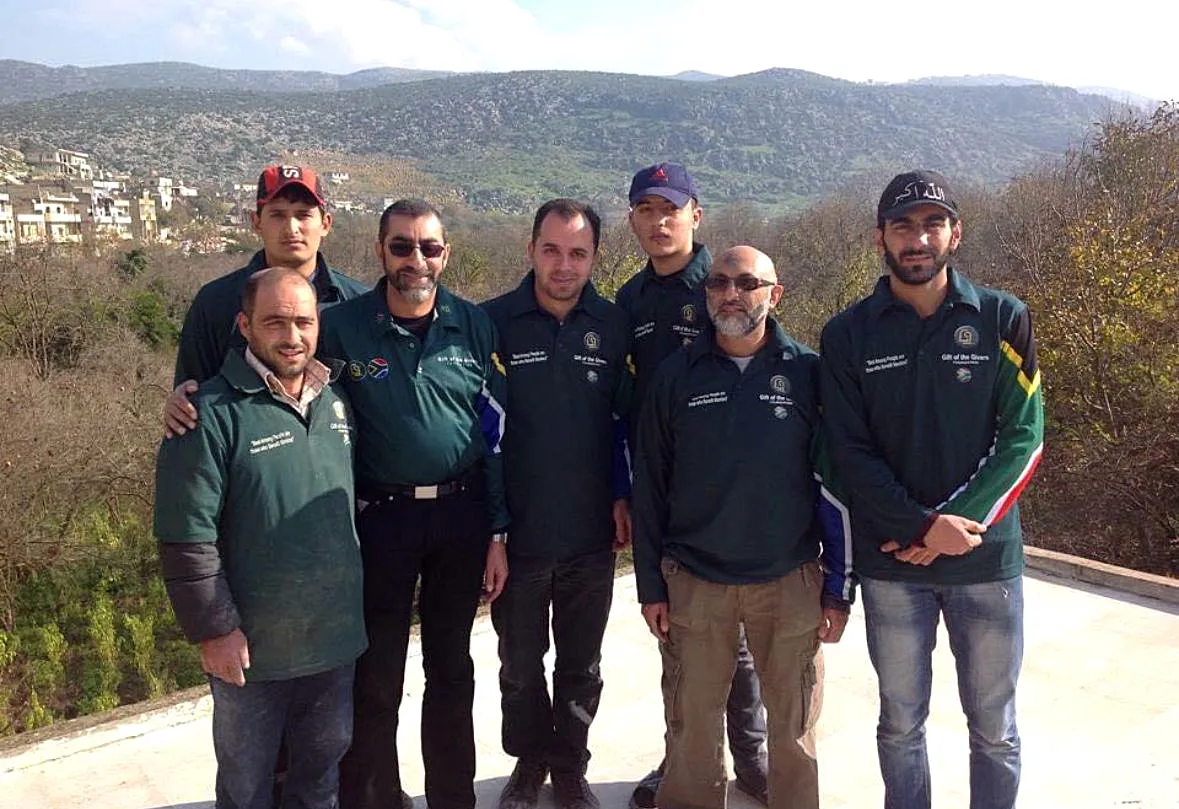
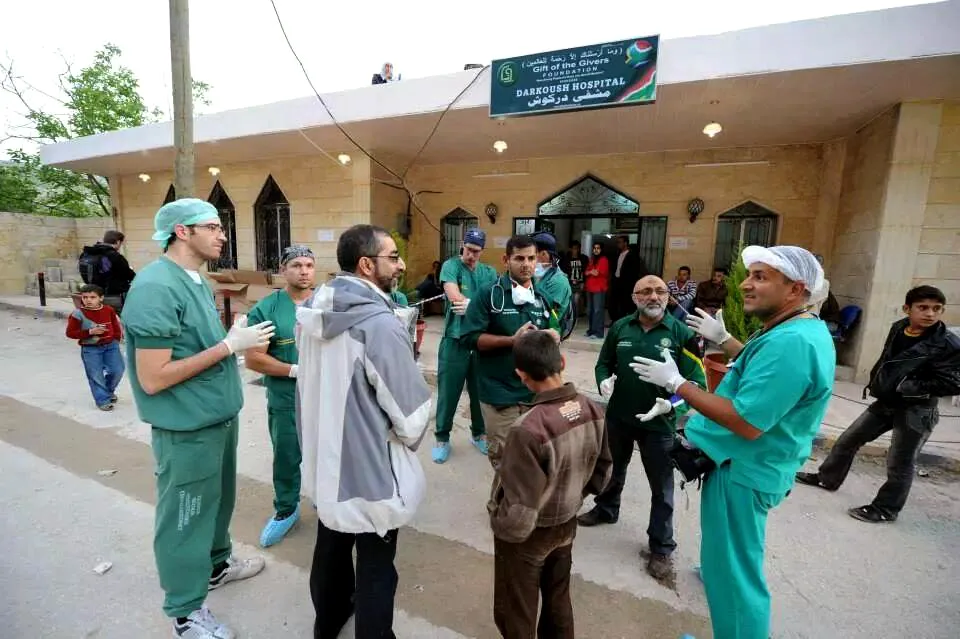

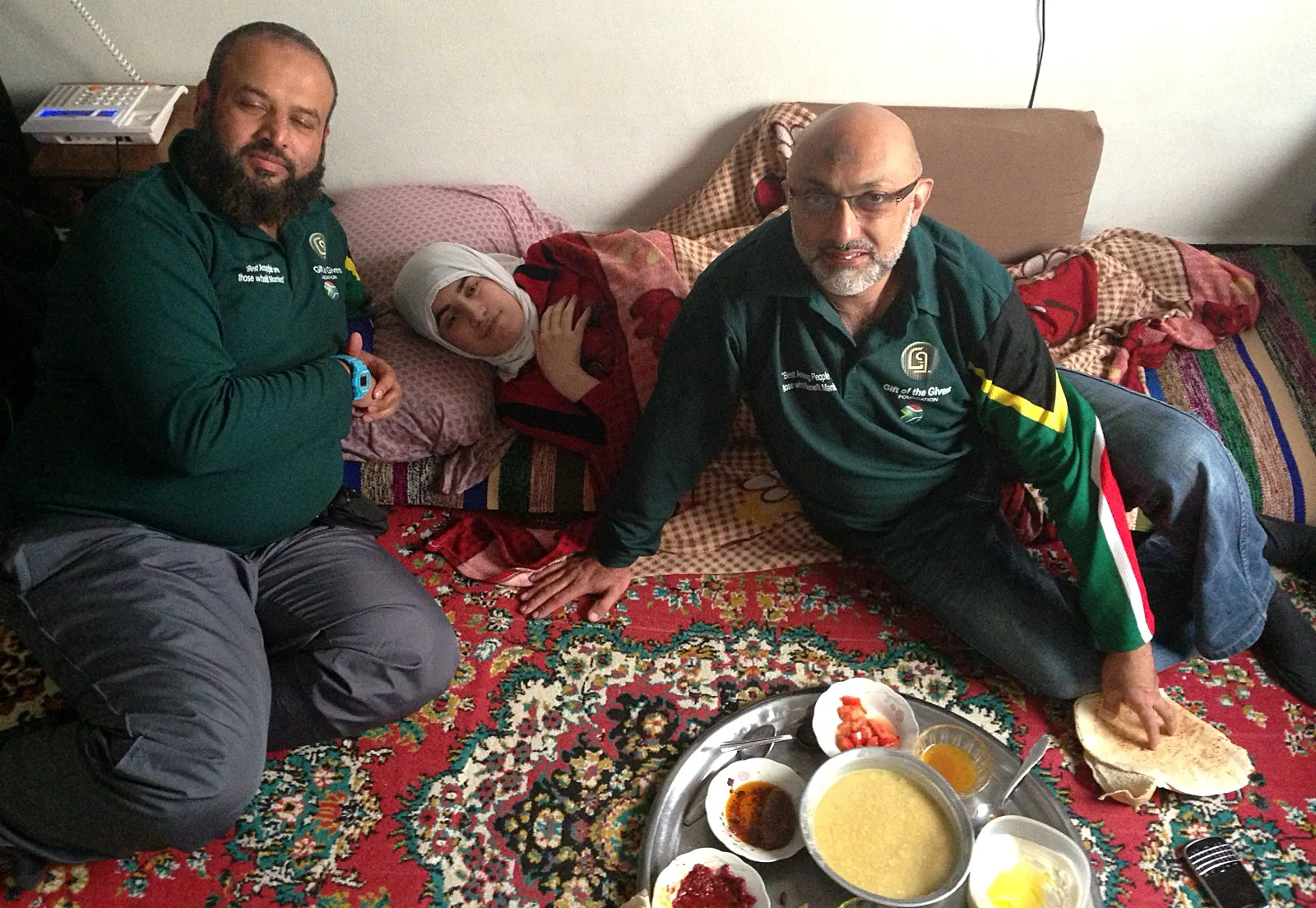

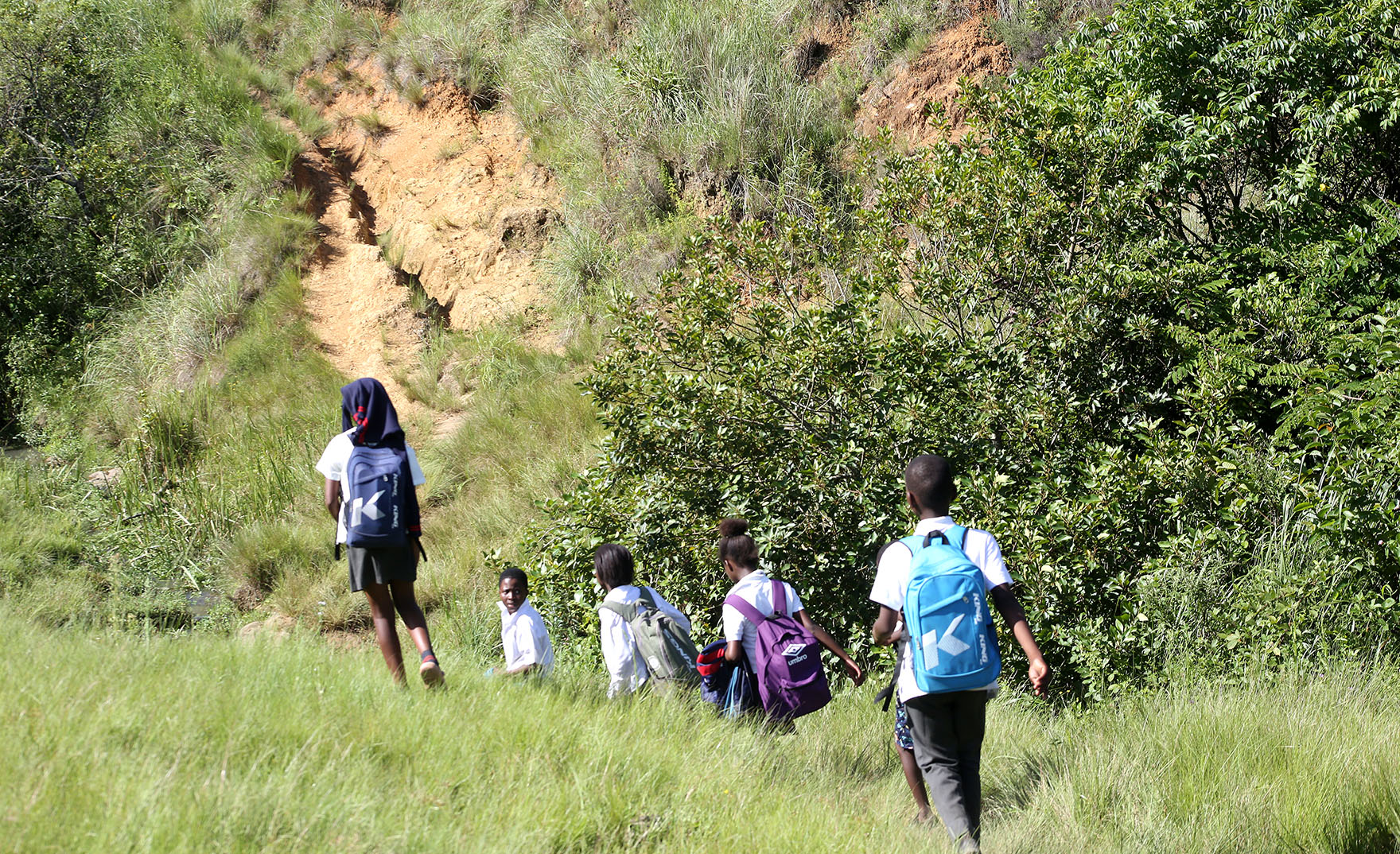
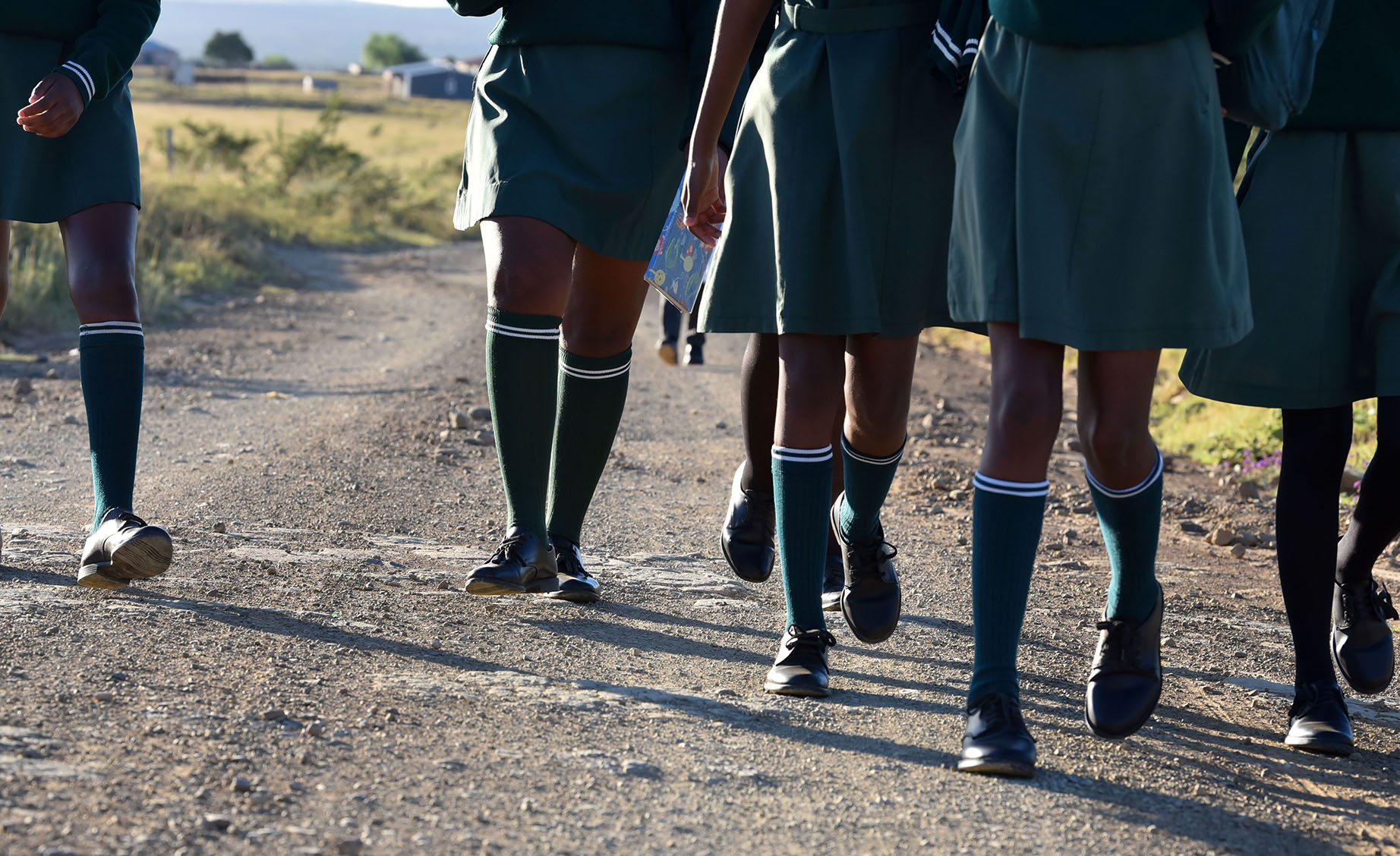





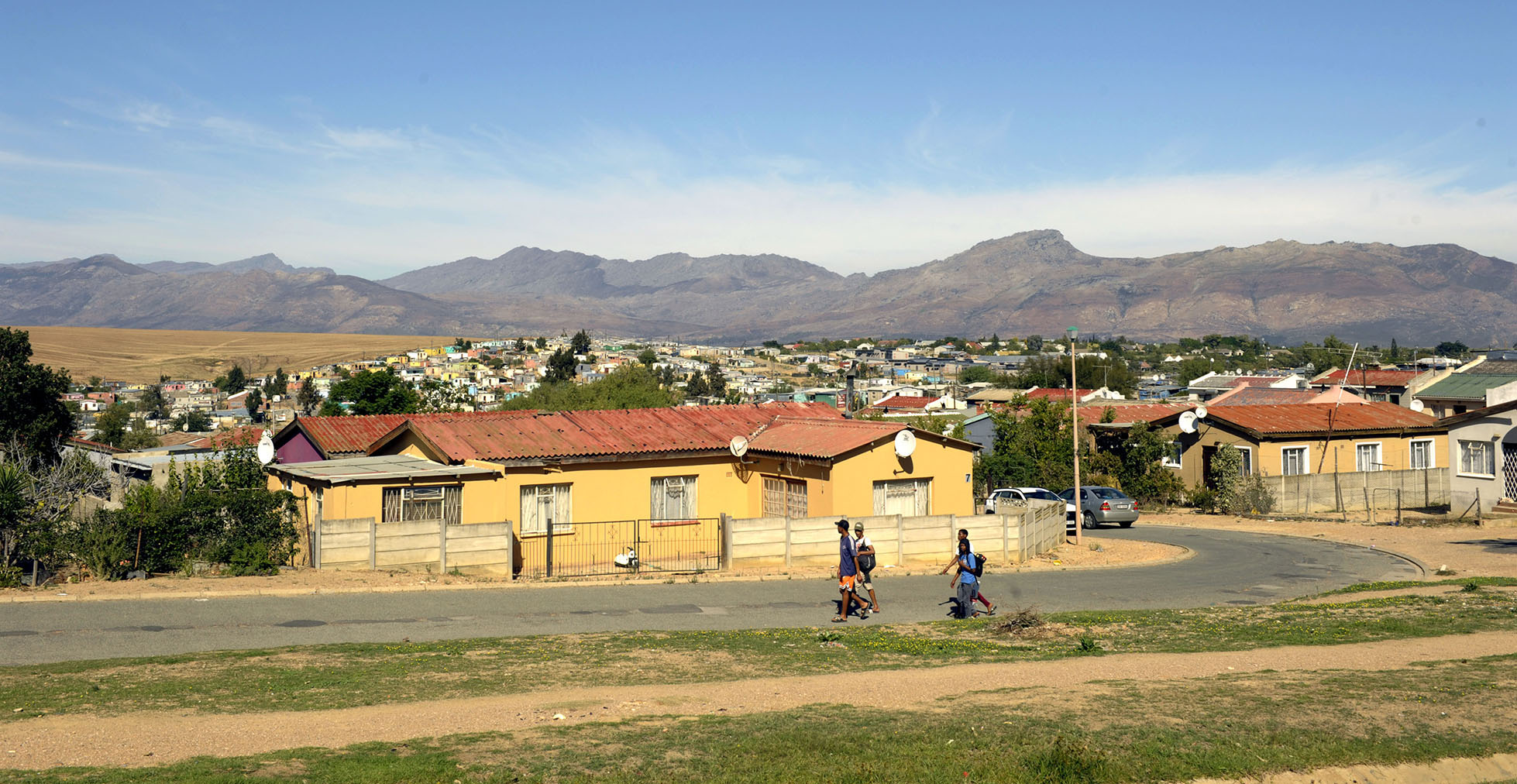
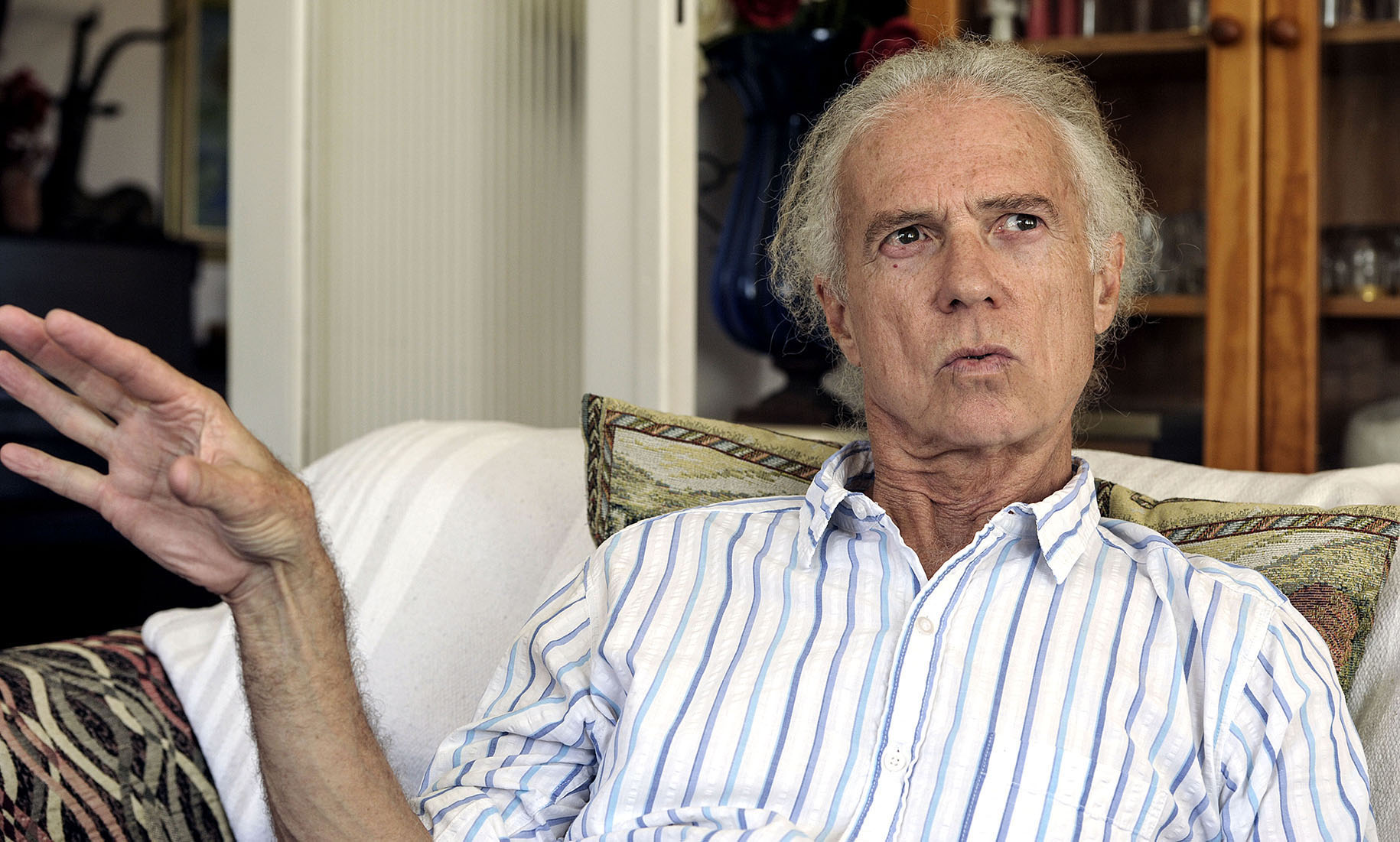
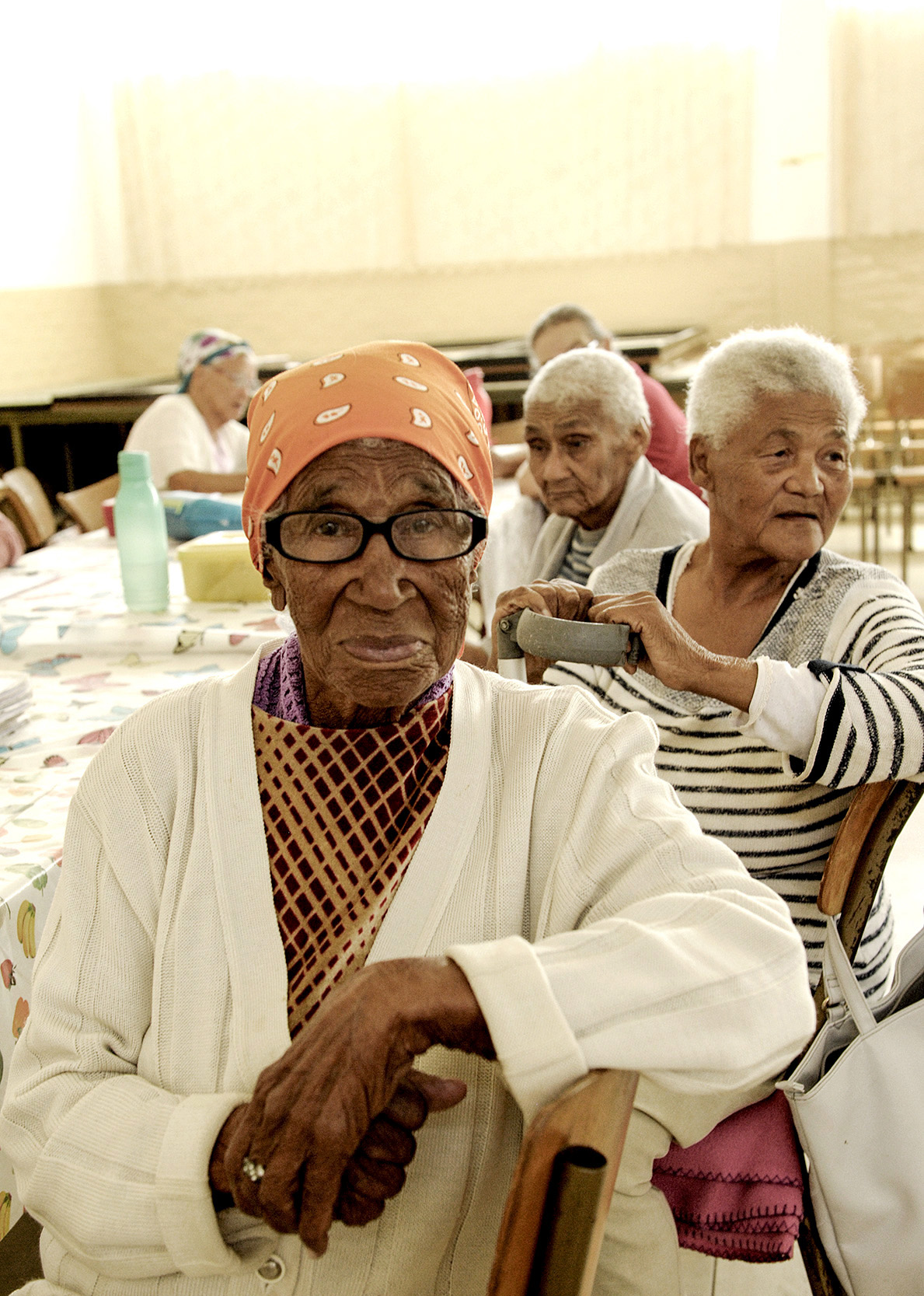
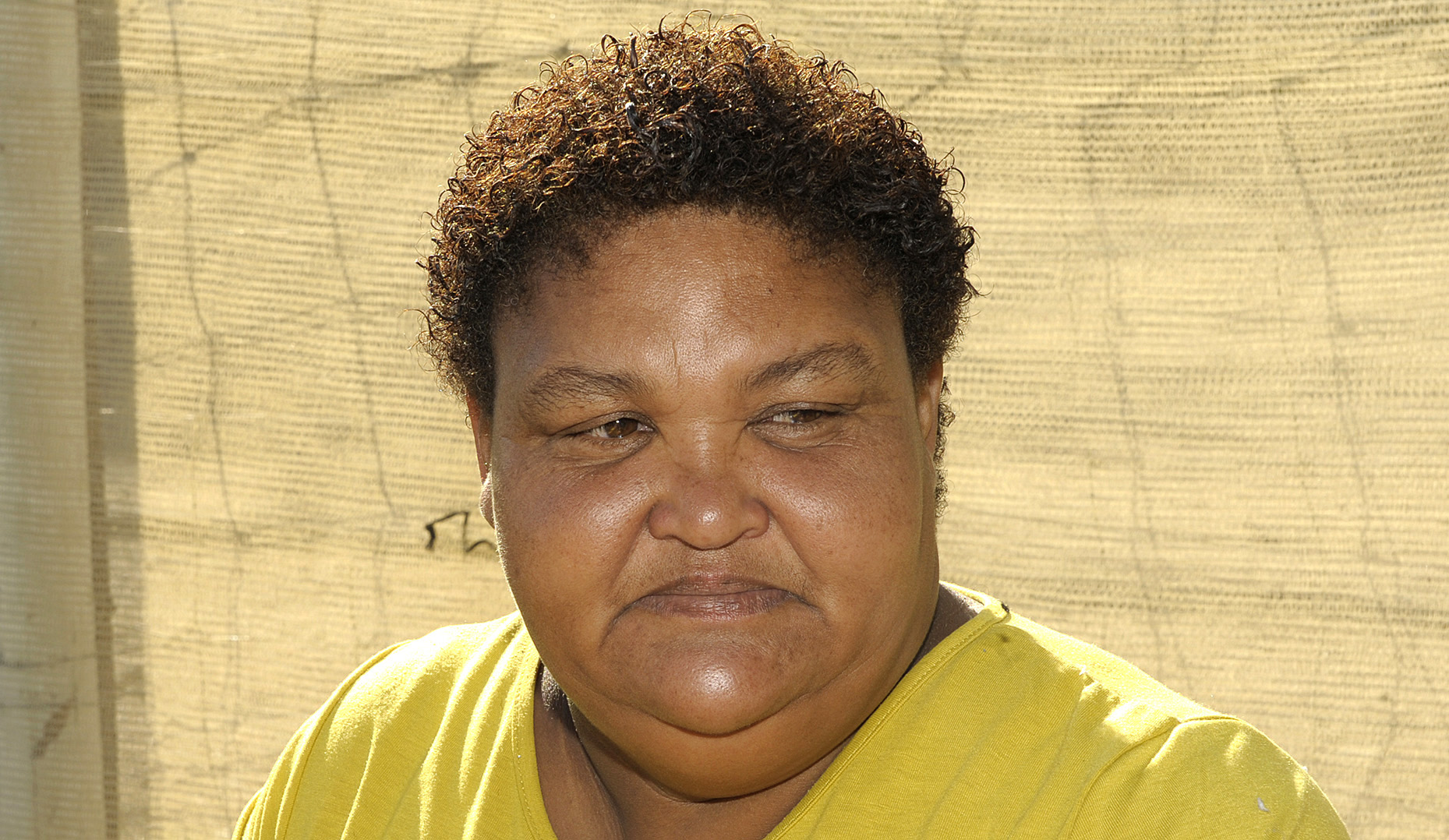





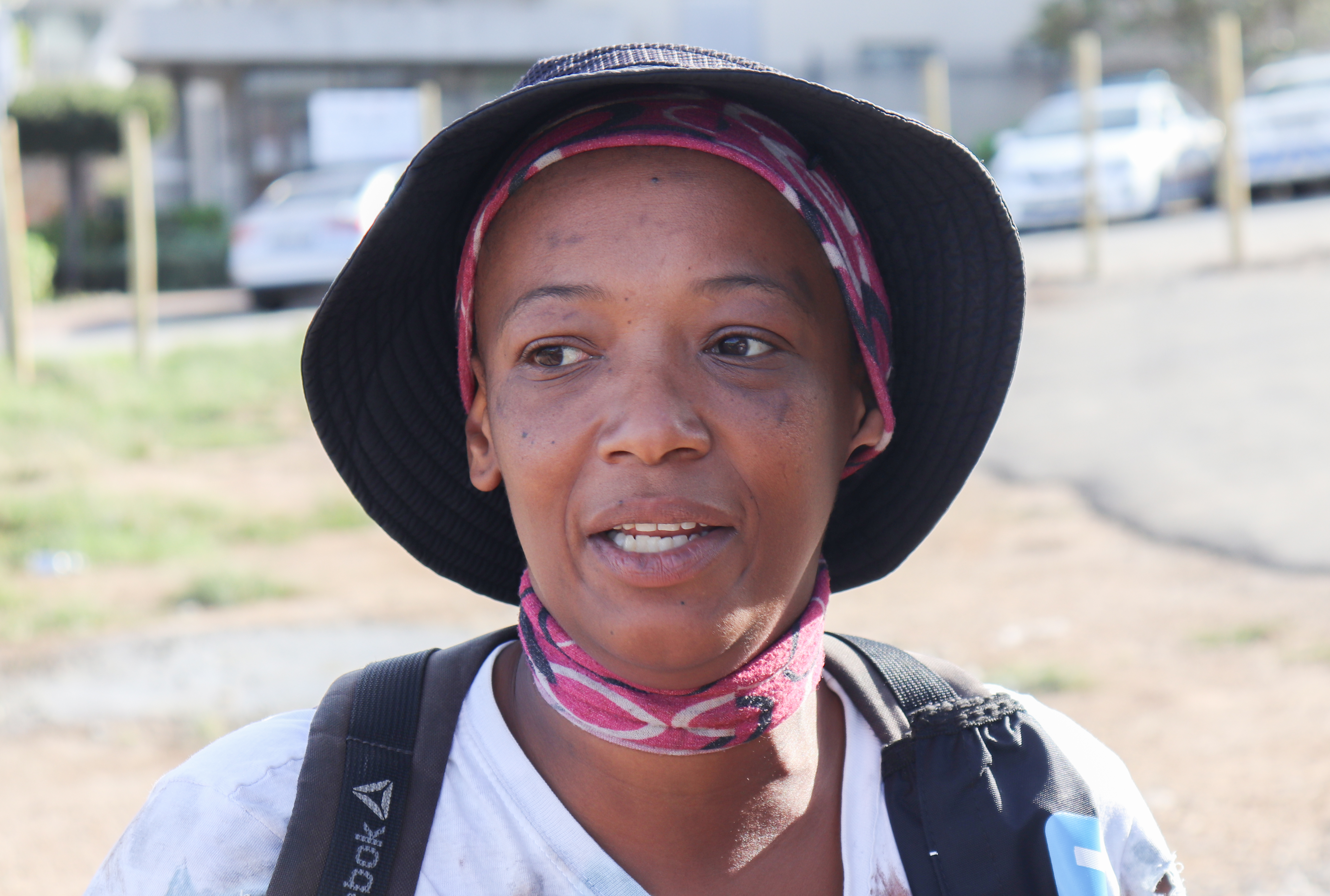
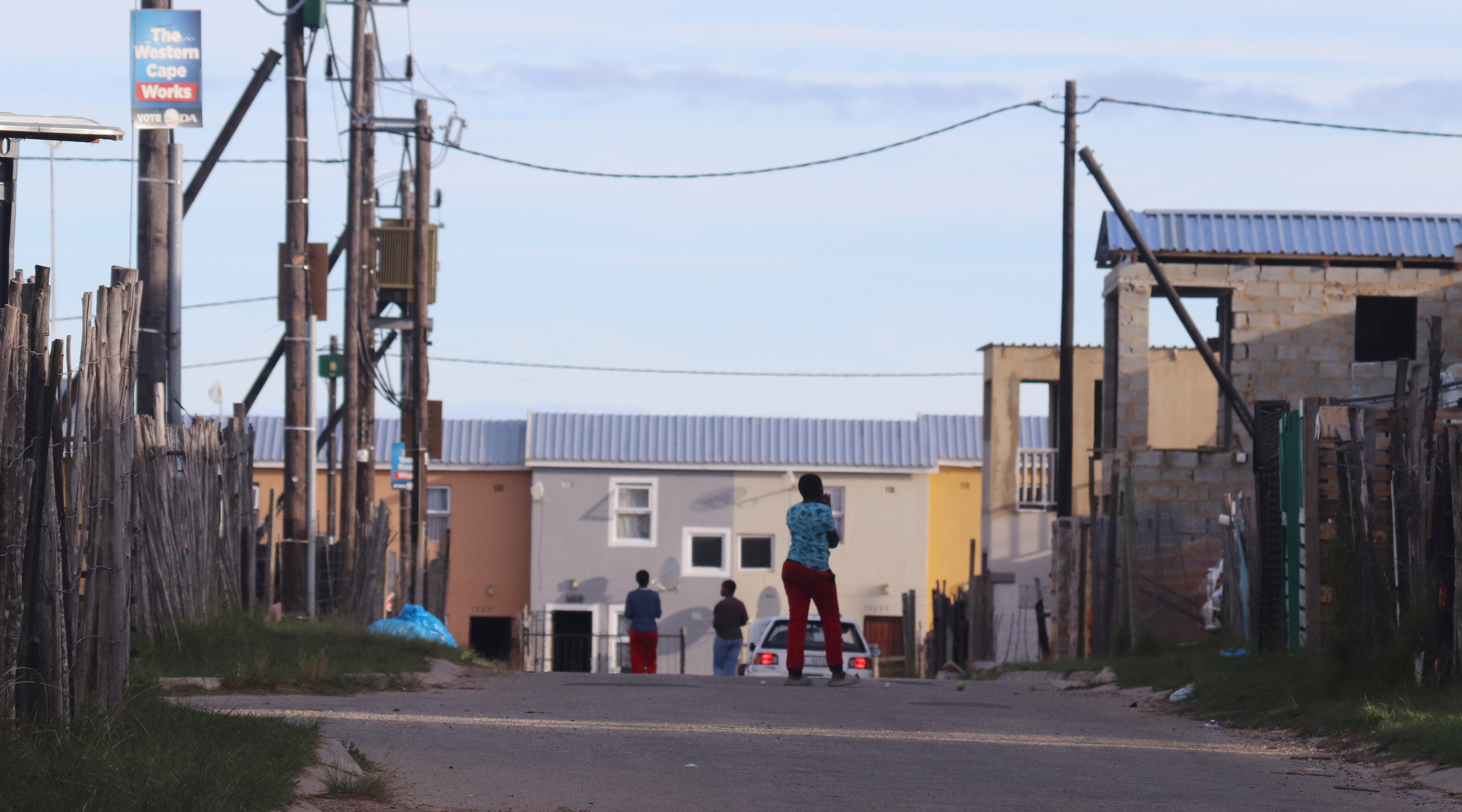
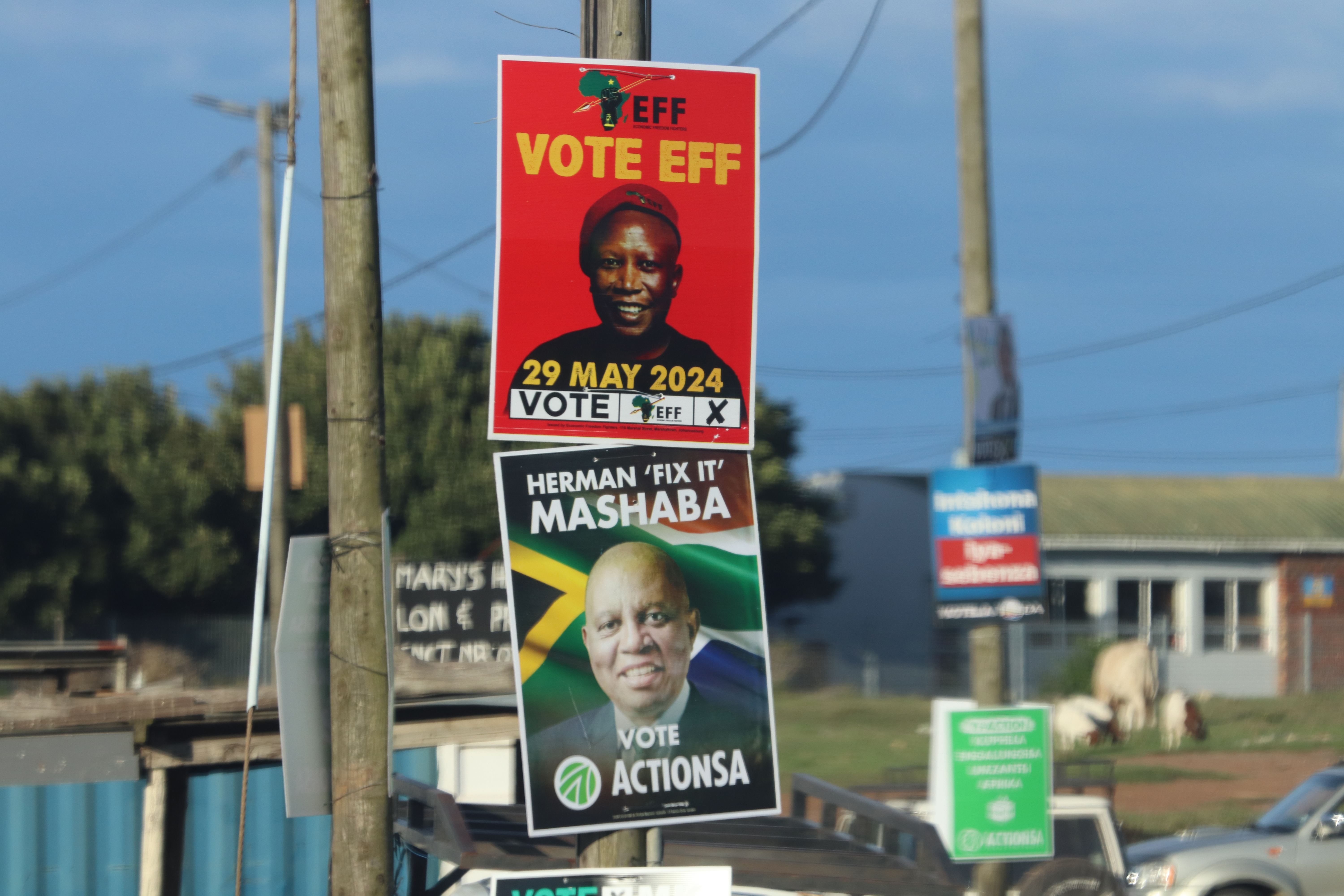
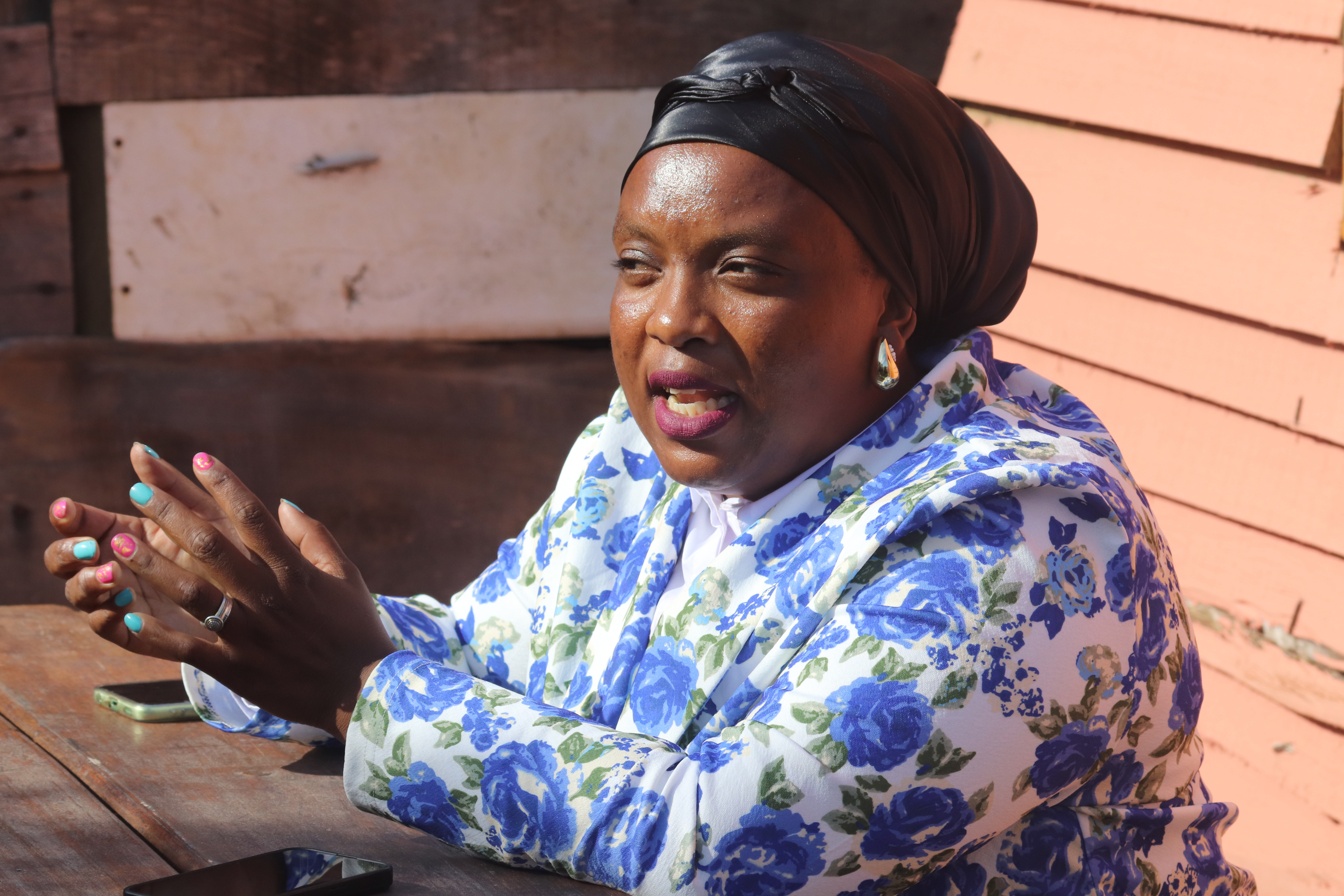
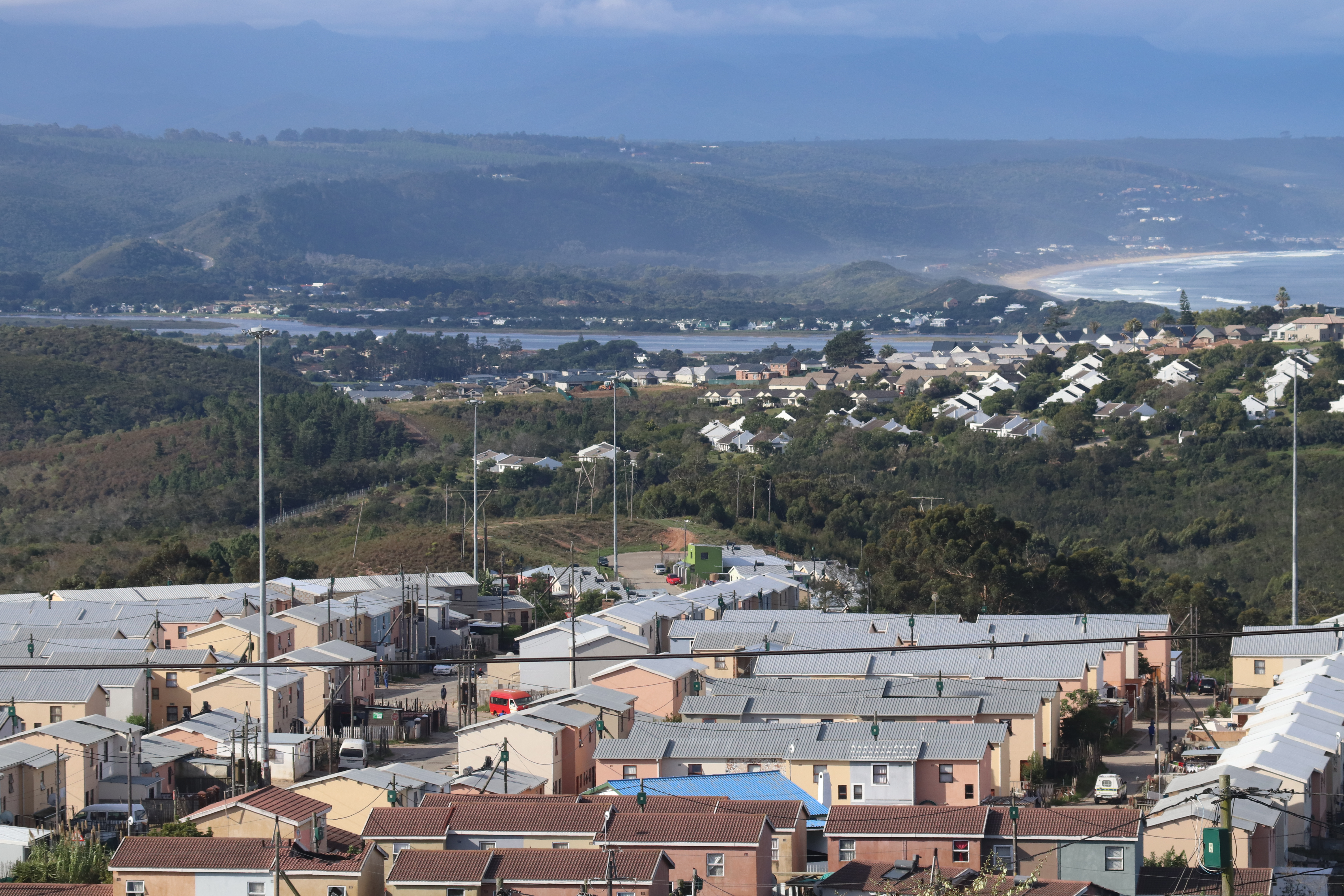


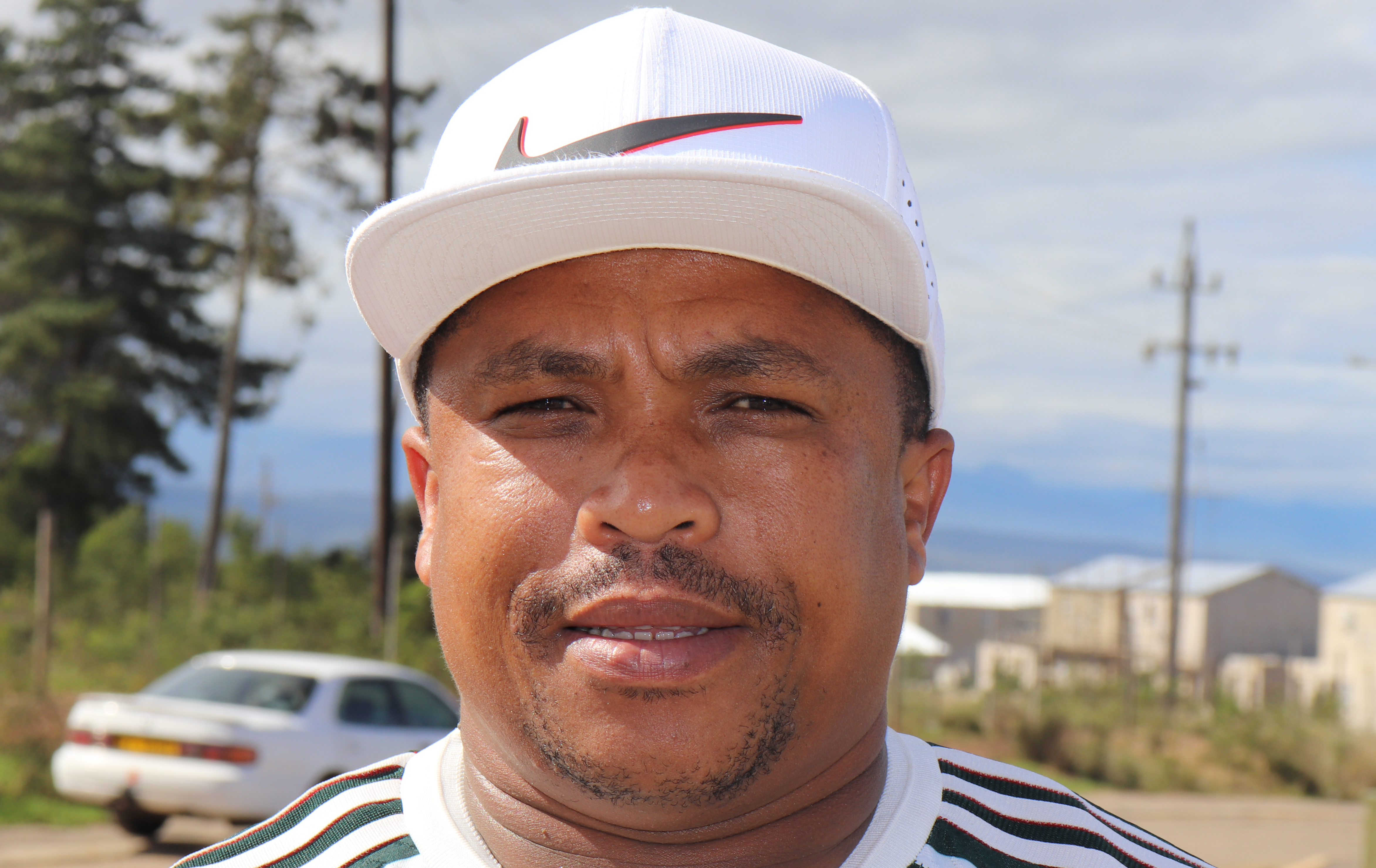
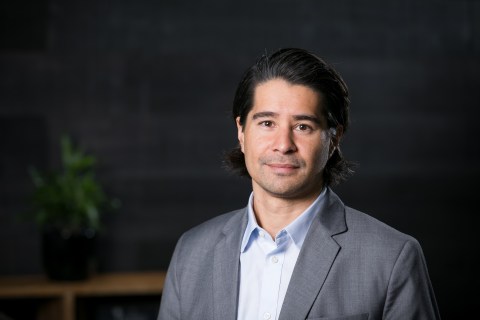




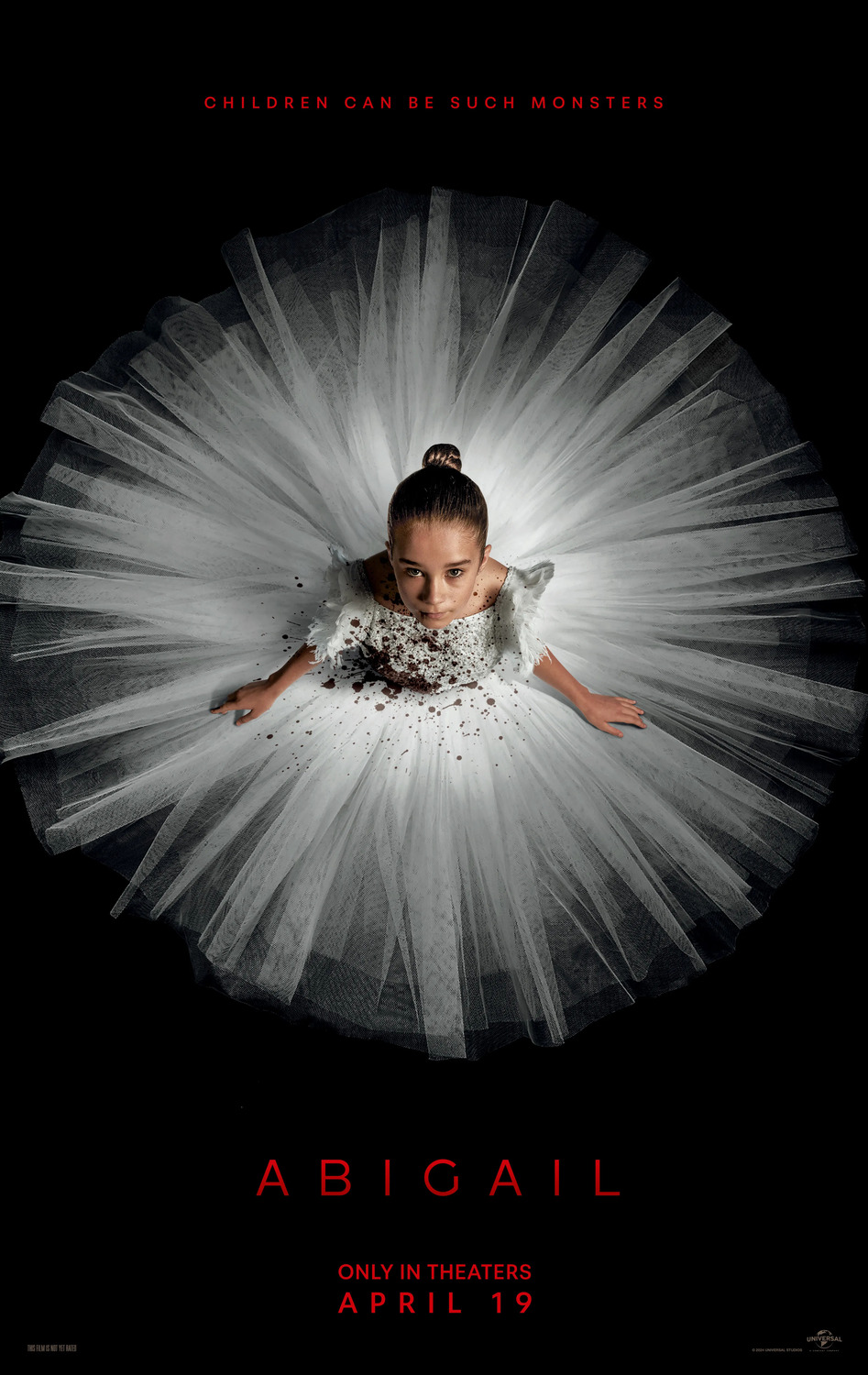





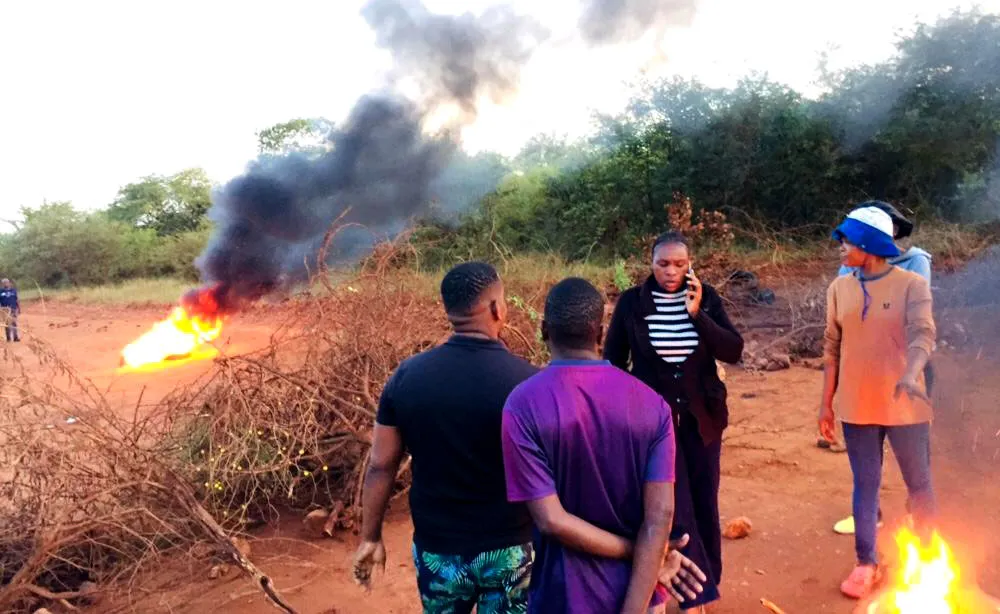

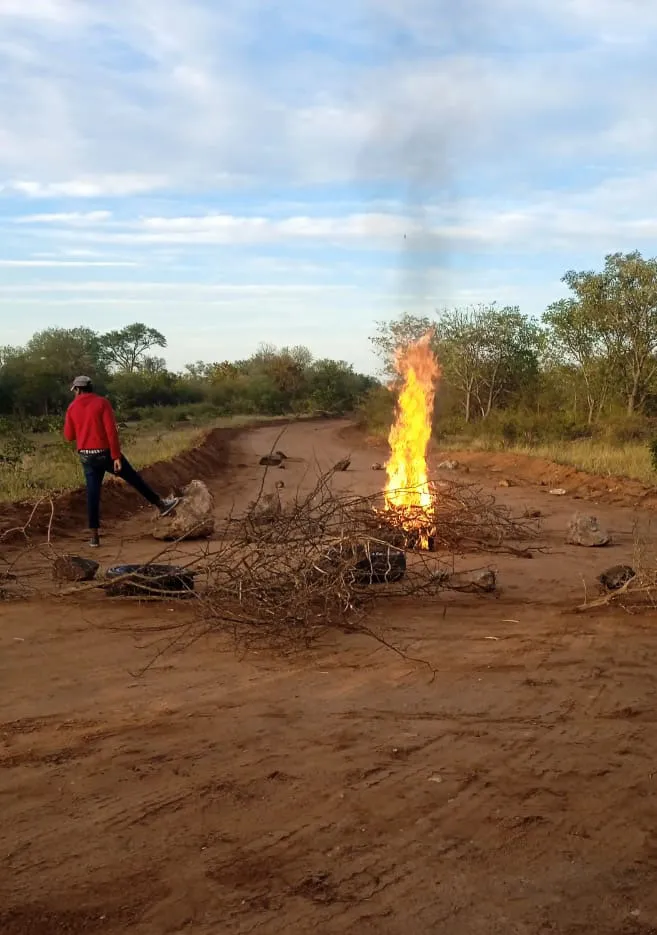


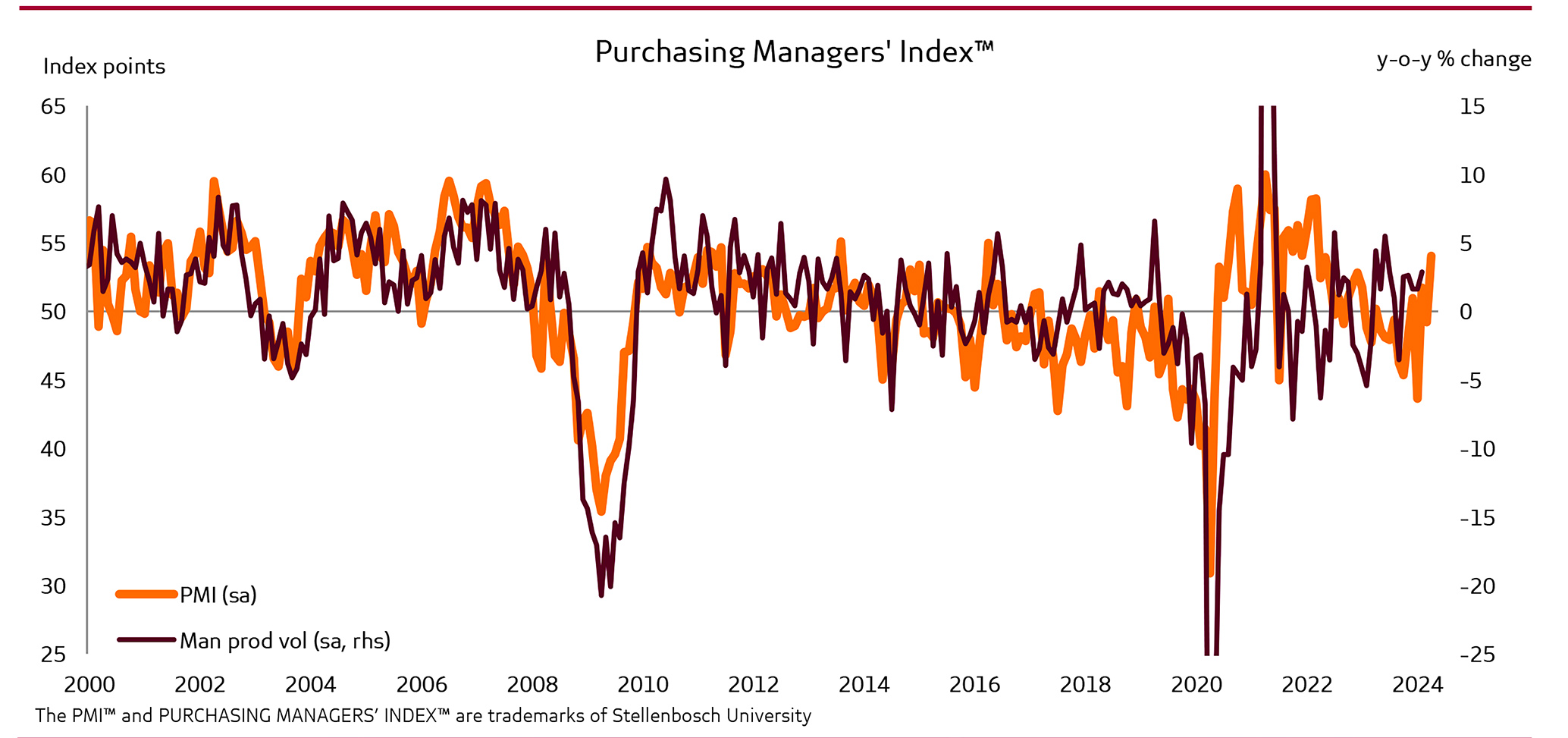
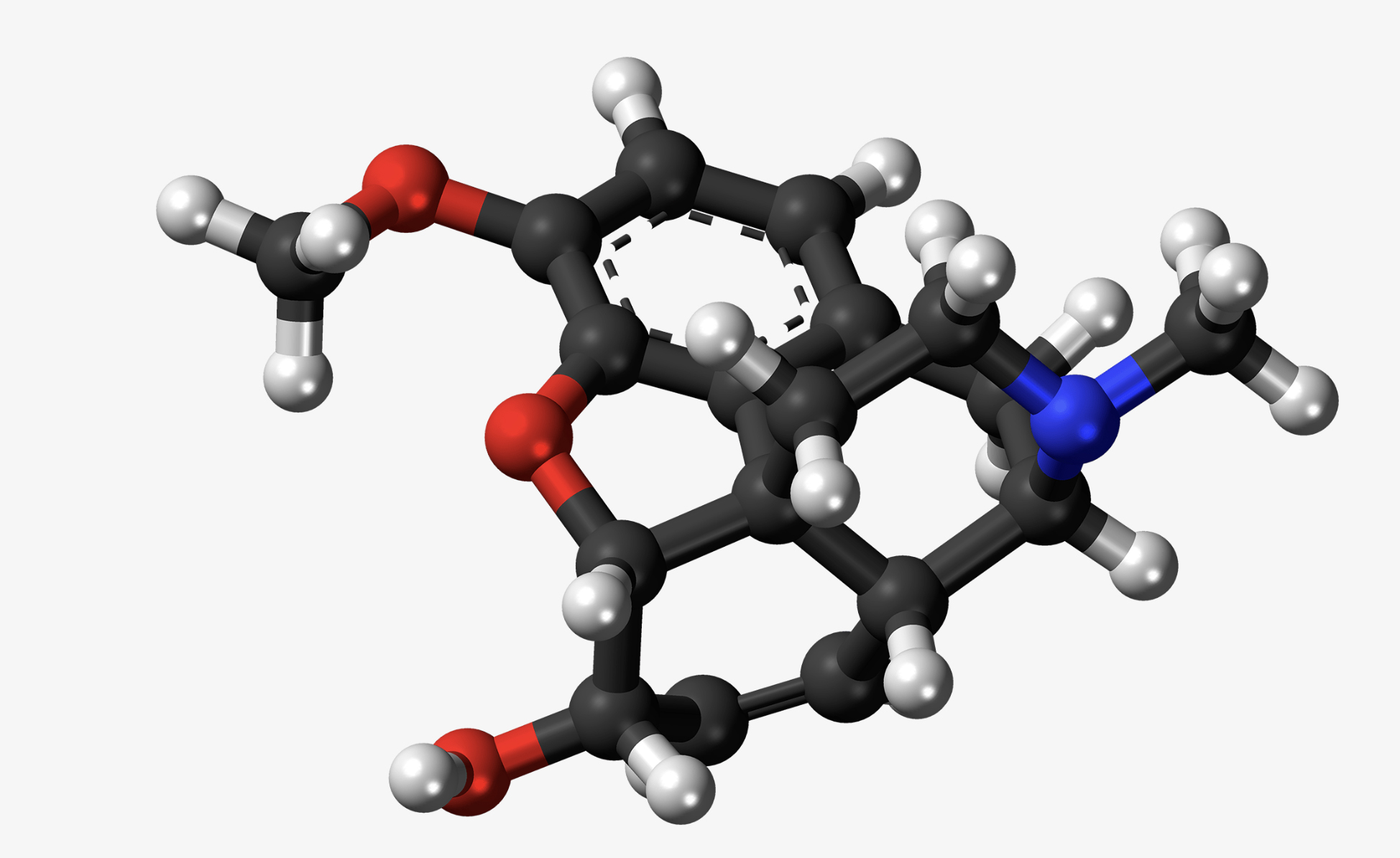




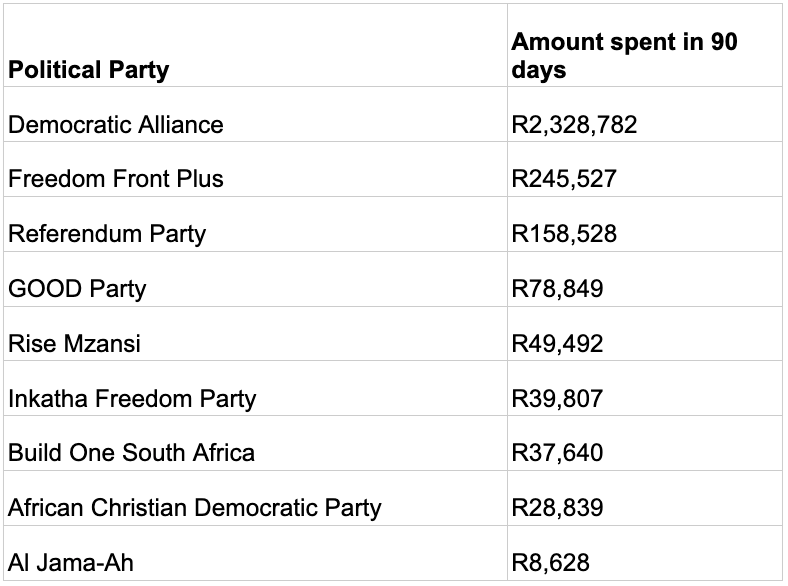

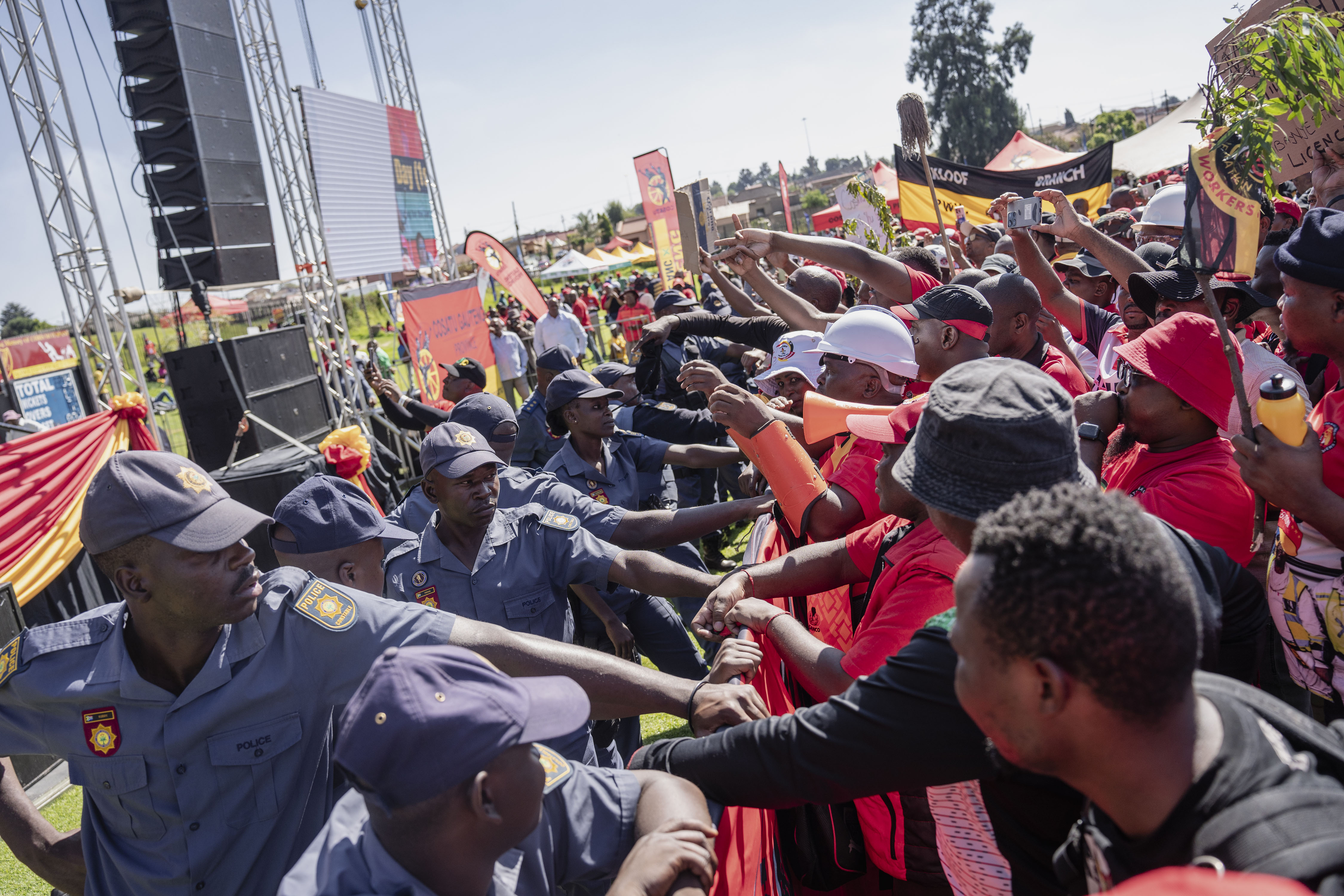
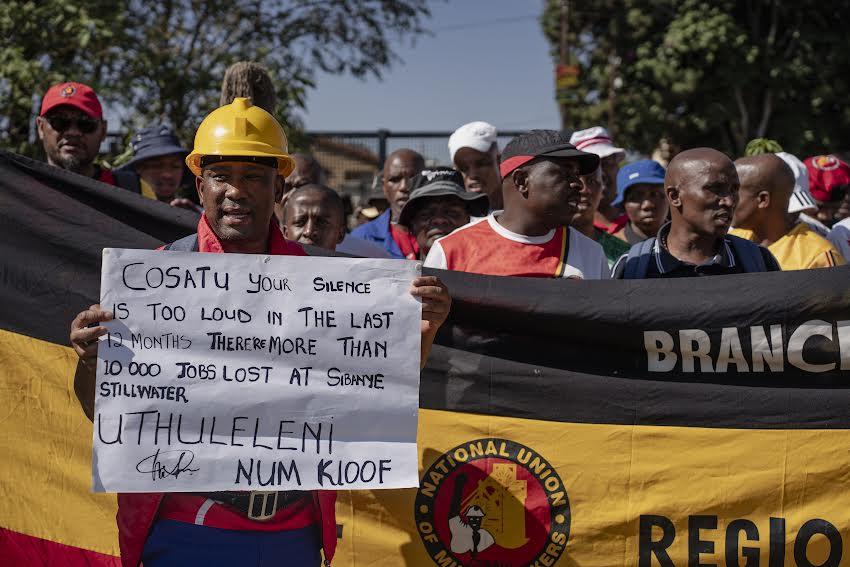



So they’ve put it off for this long, but somehow the ANC thinks the ideal time is now? Is it now the last resort because the objections to his candidacy did not stick? Or is it an election campaign gimmick?
Either way, I don’t believe it will give the ANC the PR boost they are hoping for; quite the opposite, in fact.
I’ll be watching for entertainment. JZ is like Messi, he will run rings around whoever he takes on. Unlike Mesi, JZ is a master of the dark arts of politics.
A little conspiracy theory.
CR and his anc are battling at to hold onto 50% of the vote, which also equals access to money. JZ will get fired from the anc and we’ll have July 2021 all over again – maybe worse. Security forces will be unable to quell the uprising and the IEC, at the behest of the anc, will postpone the elections due to the unrest and a possible state of emergency.
Sounds unreal?? Maybe not – look what Donald did in Washington 3+ years ago – and that is a well protected city.
This is the theatre of the absurd! ANC should have immediately charged him when he declared his allegiance to MK. Instead they sat on their hands. Now it is urgent? 10 Trillian Zim dollar bet Zuma will delay and obfuscate thus gaining free publicity and mileage while attacking Rama do nothing!
Who cares? Zuma didn’t listen to the courts. And Magashule gave the NEC the runaround for years while the party dog chased its tail. So, Zuma is definitely going to thumb his nose at the incompetent ANC. The ANC is giving him airtime and should rather ignore him and his party.
Zuma has tormented the ANC for the longest time like bull dragging a rag hither and tither.
The trainer must now show his tempering skills to bring sanity and order to the house.
Of course he’ll pitch up for the ‘hearing’. Fantastic free photo opportunity with his supporters in front of the ANC building. He’ll be the victim that’s being pursued by third forces. How silly of the ANC.
The utter stupidity of the ANC in launching this charade is simply another manifestation of a party populated with clowns. Kick Zuma out and prepare for the possible doom facing the ANC on May 29th. Zuma is more than capable of digging his own grave as we are witnessing in his absolute lack of party cohesion and leadership. He will revel in this opportunity to get publicity without having to pay for it. Interesting aspect is that Zuma and Ramaphosa are probably both being advised by their big boss Vlad Putin. After all, if he’s good enough to control Donald Trump (which he does), the turkeys in SA will be simply be pre-election snacks.
Only now !!! Another ANC “cock up” ???? They cannot claim to have been unaware of what JZ was doing, said he was doing …and did it . So just days before 29 May…this charade will play out. Is it going to change things ?? Your guess is as good as the next guy . Can we call this a ” camaraderie of errors… ???
I wonder if is in good enough health to get to the hearing? We all know how close to death he has been so many times.
So what anyone can leave one party for another, making a huge circus about nothing and why is it necessary for the media to cover this at all ?
Zuma ought not to show up for this alleged disciplinary hearing. Time will be wasted on it. Resigning is the only course of action he should think about. Since he didn’t reply to the earlier 15-day suspension, how come the ANC believes he will show up for the hearing? The ANC needs to stop being cowardly and remove him, just like they did with Ace and Malema, who were soft targets.
R50 he doesn’t pitch.
This is so pointless and irrelevant. Whether Zuma is expelled from the ANC or not, he now represents MK. So this seems like nothing more than a PR stunt by the ANC.
Absolute waste of time . Yawn…..😒
In all due respects to the author, but why is this even significant to write an article on?
It goes without saying that a lot of resources was wasted on this (words fail me). He dances (and sings) to the beat of his own drum. Laws, rules and policies, clearly, has not stopped the King of Fools. He is the Master of Intimidation. When called out: Master of Denial. And Supreme Victim.
Nothing can stop this one man avalanche of destruction. Does the Ayencee think they can rein him in? Farcical, is the only word that comes to mind, in this particular instance.
He was trained by the Soviets in intelligence, counterintelligence…all things cloak and dagger. It’s ingrained in his DNA. He showed South Africa in July 2021 he has the power to bring a province to its knees. It certainly would not have come as a surprise if it happens again, should the IEC or the Constitutional Court have called MK and his participation null and void.
A free gift of publicity by ANC to MK.
One would advice Mbalula as follows:
1. Do not mobilise the ANC members to come and compete with the MK Party mob on that day.
2. Do not organise a Post-hearing mini-rally to counter that of the MK Party(they’ll definitely organise one as they always do).
3. Do not talk about the merits and/or demerits of an ongoing DC hearing in press briefings, even if the media ask you about it and even if Zuma and his people are publicly talking about it and deliberately misrepresenting the facts, do not respond.
Oblige him, just fire him.
Because that is exactly what he wants you to do so that he can start with his merrygoround all over again.
Actually that is what he is after.
To stay out of jail and to tarnish the name of president Ramaphosa.
Stupid
The ANC is simply providing platform and coverage to the former prisoner. He could never buy this PR.
Haha! Popcorn!
I think the best option for him is to tender his resignation, I think campaigning for another party is automatic declaration that his is no longer a member. He can rejoin the ANC when he want to. Well the present ANC is managed from somewhere not Luthuli House. Those who follow DA may vote for ANC and those who follow ANC of yesterday should look somewhere, and MK might be here at right time and place.